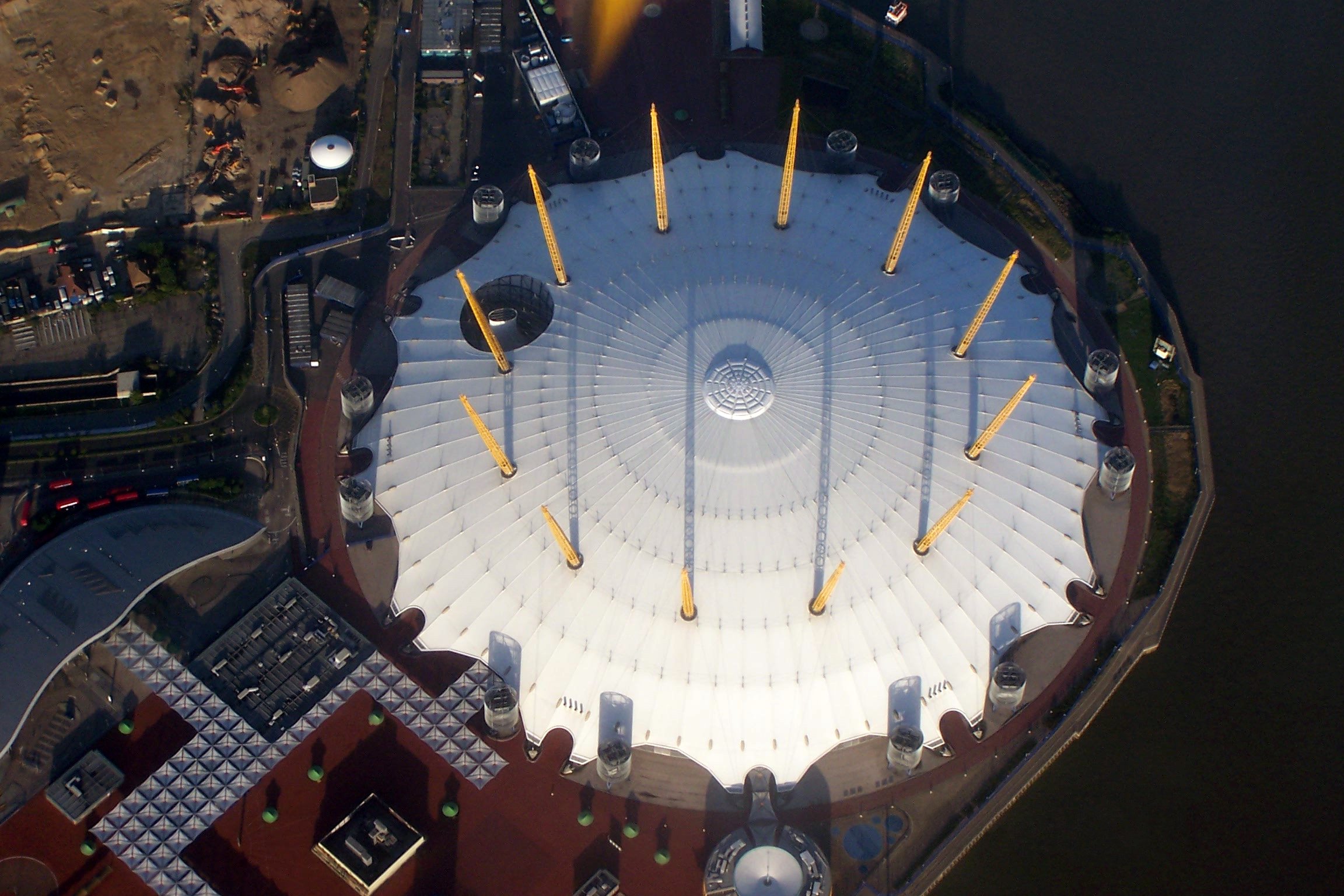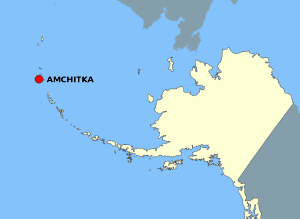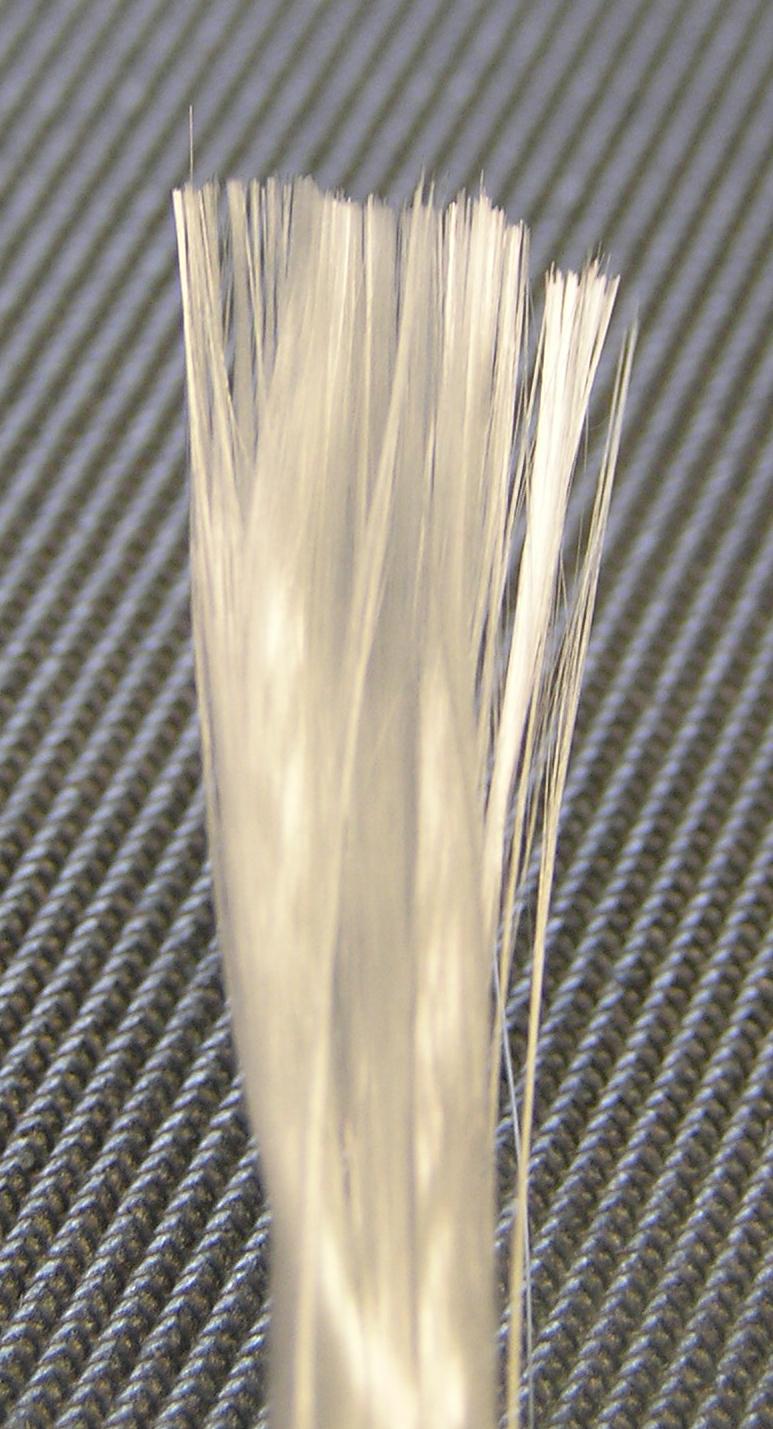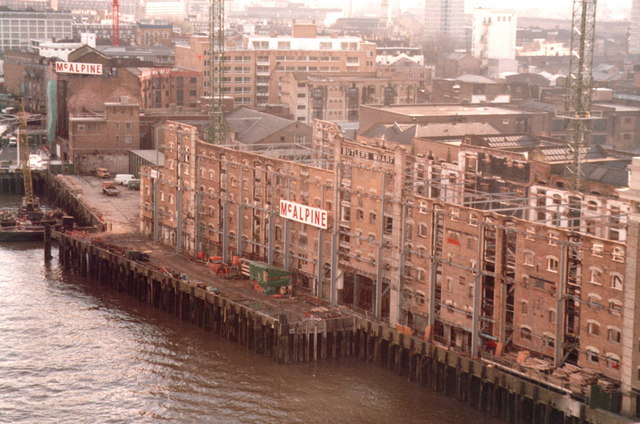|
Millennium Dome
The Millennium Dome was the original name of the large dome-shaped building on the Greenwich Peninsula in South East (London sub region), South East London, England, which housed a major exhibition celebrating the beginning of the third millennium. As of 2022, it is the List of largest buildings#Largest usable volume, ninth largest building in the world by usable volume. The exhibition was open to the public from 1 January to 31 December 2000. The project and exhibition were highly political and attracted barely half of the 12 million customers its sponsors forecasted, and so were deemed a failure by the press. All the original exhibition elements were sold or dismantled. In a 2005 report, the cost of the Dome and surrounding land (which increased to 170 acres from the initial offering of the 48 acres enclosed by the Dome) and managing the Dome until the deal was closed was £28.7 million. The value of the 48 acres occupied by the Dome was estimated at £48 million, which could ... [...More Info...] [...Related Items...] OR: [Wikipedia] [Google] [Baidu] |
Greenwich Peninsula
The Greenwich Peninsula is an area of Greenwich in South East London, England. It is bounded on three sides by a loop of the Thames, between the Isle of Dogs to the west and Silvertown to the east. To the south is the rest of Greenwich, to the south-east is Charlton. Formerly known as Greenwich MarshesOS 1:2500 map of 1867, Republished as ''West India Docks 1867'', The Godfrey Edition, Alan Godfrey Maps, 1991, Gateshead, and as Bugsby's Marshes, it became known as East Greenwich as it developed in the 19th century, but more recently has been called North Greenwich due to the location of the North Greenwich Underground station. This should not be confused with North Greenwich on the Isle of Dogs, at the north side of a former ferry from Greenwich. The peninsula's northernmost point on the riverside is known as ''Blackwall Point'', and this may have led to the name ''Blackwall Peninsula'' sometimes being used in the late 20th century. Landmarks include ''The Dome'' (also know ... [...More Info...] [...Related Items...] OR: [Wikipedia] [Google] [Baidu] |
North Greenwich Tube Station
North Greenwich is a London Underground station served by the Jubilee line. Despite its name, it is not in the local area historically known as North Greenwich, on the Isle of Dogs, north of the River Thames; a completely different North Greenwich station used to be there, from 1872 until 1926. It is actually closer to Charlton than to Greenwich; however, it is at the northernmost tip of the Royal Borough of Greenwich, which perhaps gives the best explanation of the name. The tube station opened on 14 May 1999. It is adjacent to The O2 (originally the Millennium Dome) at the northern end of the Greenwich Peninsula, on the south bank of the Thames. It is the easternmost below-ground station on the line. It lies between and stations on the Jubilee line, in Travelcard Zone 2 and Zone 3. History An Underground station was first proposed for the Greenwich Peninsula in a government report on the redevelopment of London's Docklands published in 1973. The proposal, part of th ... [...More Info...] [...Related Items...] OR: [Wikipedia] [Google] [Baidu] |
Greenpeace
Greenpeace is an independent global campaigning network, founded in Canada in 1971 by Irving Stowe and Dorothy Stowe, immigrant environmental activists from the United States. Greenpeace states its goal is to "ensure the ability of the Earth to nurture life in all its diversity" and focuses its campaigning on worldwide issues such as climate change, deforestation, overfishing, commercial whaling, genetic engineering, and anti-nuclear issues. It uses direct action, lobbying, research, and ecotage to achieve its goals. The network comprises 26 independent national/regional organisations in over 55 countries across Europe, the Americas, Africa, Asia and the Pacific, as well as a co-ordinating body, Greenpeace International, based in Amsterdam, the Netherlands. The global network does not accept funding from governments, corporations, or political parties, relying on three million individual supporters and foundation grants. [...More Info...] [...Related Items...] OR: [Wikipedia] [Google] [Baidu] |
Cloth
Textile is an umbrella term that includes various fiber-based materials, including fibers, yarns, filaments, threads, different fabric types, etc. At first, the word "textiles" only referred to woven fabrics. However, weaving is not the only manufacturing method, and many other methods were later developed to form textile structures based on their intended use. Knitting and non-woven are other popular types of fabric manufacturing. In the contemporary world, textiles satisfy the material needs for versatile applications, from simple daily clothing to bulletproof jackets, spacesuits, and doctor's gowns. Textiles are divided into two groups: Domestic purposes onsumer textilesand technical textiles. In consumer textiles, aesthetics and comfort are the most important factors, but in technical textiles, functional properties are the priority. Geotextiles, industrial textiles, medical textiles, and many other areas are examples of technical textiles, whereas clothing ... [...More Info...] [...Related Items...] OR: [Wikipedia] [Google] [Baidu] |
Glass Fibre
Glass fiber ( or glass fibre) is a material consisting of numerous extremely fine fibers of glass. Glassmakers throughout history have experimented with glass fibers, but mass manufacture of glass fiber was only made possible with the invention of finer machine tooling. In 1893, Edward Drummond Libbey exhibited a dress at the World's Columbian Exposition incorporating glass fibers with the diameter and texture of silk fibers. Glass fibers can also occur naturally, as Pele's hair. Glass wool, which is one product called "fiberglass" today, was invented some time between 1932 to 1933 by Games Slayter of Owens-Illinois, as a material to be used as thermal building insulation. It is marketed under the trade name Fiberglas, which has become a genericized trademark. Glass fiber when used as a thermal insulating material is specially manufactured with a bonding agent to trap many small air cells, resulting in the characteristically air-filled low-density "glass wool" family of pro ... [...More Info...] [...Related Items...] OR: [Wikipedia] [Google] [Baidu] |
Polytetrafluoroethylene
Polytetrafluoroethylene (PTFE) is a synthetic fluoropolymer of tetrafluoroethylene that has numerous applications. It is one of the best-known and widely applied PFAS. The commonly known brand name of PTFE-based composition is Teflon by Chemours, a spin-off from DuPont, which originally discovered the compound in 1938. Polytetrafluoroethylene is a fluorocarbon solid, as it is a high- molecular-weight polymer consisting wholly of carbon and fluorine. PTFE is hydrophobic: neither water nor water-containing substances wet PTFE, as fluorocarbons exhibit only small London dispersion forces due to the low electric polarizability of fluorine. PTFE has one of the lowest coefficients of friction of any solid. Polytetrafluoroethylene is used as a non-stick coating for pans and other cookware. It is non-reactive, partly because of the strength of carbon–fluorine bonds, so it is often used in containers and pipework for reactive and corrosive chemicals. Where used as a lubri ... [...More Info...] [...Related Items...] OR: [Wikipedia] [Google] [Baidu] |
Buro Happold
Buro Happold (previously ''BuroHappold Engineering'') is a British professional services firm that provides engineering consultancy, design, planning, project management, and consulting services for buildings, infrastructure, and the environment. It was founded in Bath, Somerset, in 1976 by Sir Edmund Happold when he took up a post at the University of Bath as Professor of Architecture and Engineering Design. Originally working mainly on projects in the Middle East, the firm now operates worldwide and in almost all areas of engineering for the built environment, working in 24 locations around the world. Sir Edmund Happold Edmund (or Ted) Happold worked at Arup before founding Buro Happold, where he worked on projects such as the Sydney Opera House and the Pompidou Centre. Ted Happold was renowned within the field of lightweight and tensile structures. As a result, Buro Happold has undertaken a large number of tensile and other lightweight structures since its founding (includ ... [...More Info...] [...Related Items...] OR: [Wikipedia] [Google] [Baidu] |
Sir Robert McAlpine
Sir Robert McAlpine Limited is a family-owned building and civil engineering company based in Hemel Hempstead, England. It carries out engineering and construction in the infrastructure, heritage, commercial, arena and stadium, healthcare, education and nuclear sectors. History Robert McAlpine was born in 1847 in the Scottish village of Newarthill near Motherwell. From the age of seven he worked in the nearby coal mines, leaving at 16 to become an apprentice bricklayer. Later, working for an engineer, he progressed to being foreman before starting to work on his own account at the age of 22 (1869). He had no capital other than that he could earn himself and his first contract involving the employment of other men had to be financed by borrowing £11 from the butcher. From there, McAlpine enjoyed rapid success; the early contracts centred on his own trade of bricklaying and by 1874 he was the owner of two brickyards and an employer of 1,000 men.J Saxon Childers, Robert McAlpine ... [...More Info...] [...Related Items...] OR: [Wikipedia] [Google] [Baidu] |
Festival Of Britain
The Festival of Britain was a national exhibition and fair that reached millions of visitors throughout the United Kingdom in the summer of 1951. Historian Kenneth O. Morgan says the Festival was a "triumphant success" during which people: Labour cabinet member Herbert Morrison was the prime mover; in 1947 he started with the original plan to celebrate the centennial of the Great Exhibition of 1851. However, it was not to be another World Fair, for international themes were absent, as was the British Commonwealth. Instead the 1951 festival focused entirely on Britain and its achievements; it was funded chiefly by the government, with a budget of £12 million. The Labour government was losing support and so the implicit goal of the festival was to give the people a feeling of successful recovery from the war's devastation, as well as promoting British science, technology, industrial design, architecture and the arts. The Festival's centrepiece was in London on the South ... [...More Info...] [...Related Items...] OR: [Wikipedia] [Google] [Baidu] |
Dome Of Discovery
The Dome of Discovery was a temporary exhibition building designed by architect Ralph Tubbs for the Festival of Britain celebrations which took place on London's South Bank in 1951, alongside the River Thames. The consulting engineers were Freeman Fox & Partners, in particular Oleg Kerensky and Gilbert Roberts. Like the adjacent Skylon, the dome became an iconic structure for the public and helped popularise modern design and architectural style in a Britain still suffering through post-war austerity. As twin icons, the forms of the Skylon and Dome of Discovery were related to those of the Trylon and Perisphere of the 1939 New York World's Fair. Controversially, after the Festival closed, the dome was demolished and its materials sold as scrap. The site was cleared for reuse, and is now the location of the Jubilee Gardens, near the London Eye. The building The dome had a diameter of and stood tall, making it at the time the largest dome in the world. It had a long escalat ... [...More Info...] [...Related Items...] OR: [Wikipedia] [Google] [Baidu] |
Greenwich Mean Time
Greenwich Mean Time (GMT) is the mean solar time at the Royal Observatory in Greenwich, London, counted from midnight. At different times in the past, it has been calculated in different ways, including being calculated from noon; as a consequence, it cannot be used to specify a particular time unless a context is given. The term 'GMT' is also used as one of the names for the time zone UTC+00:00 and, in UK law, is the basis for civil time in the United Kingdom. English speakers often use GMT as a synonym for Coordinated Universal Time (UTC). For navigation, it is considered equivalent to UT1 (the modern form of mean solar time at 0° longitude); but this meaning can differ from UTC by up to 0.9s. The term GMT should thus not be used for purposes that require precision. Because of Earth's uneven angular velocity in its elliptical orbit and its axial tilt, noon (12:00:00) GMT is rarely the exact moment the Sun crosses the Greenwich Meridian and reaches its highest po ... [...More Info...] [...Related Items...] OR: [Wikipedia] [Google] [Baidu] |
Tent
A tent () is a shelter consisting of sheets of fabric or other material draped over, attached to a frame of poles or a supporting rope. While smaller tents may be free-standing or attached to the ground, large tents are usually anchored using guy ropes tied to stakes or tent pegs. First used as portable homes by nomads, tents are now more often used for recreational camping and as temporary shelters. Tents range in size from " bivouac" structures, just big enough for one person to sleep in, up to huge circus tents capable of seating thousands of people. Tents for recreational camping fall into two categories. Tents intended to be carried by backpackers are the smallest and lightest type. Small tents may be sufficiently light that they can be carried for long distances on a touring bicycle, a boat, or when backpacking. The second type are larger, heavier tents which are usually carried in a car or other vehicle. Depending on tent size and the experience of the person or peo ... [...More Info...] [...Related Items...] OR: [Wikipedia] [Google] [Baidu] |











